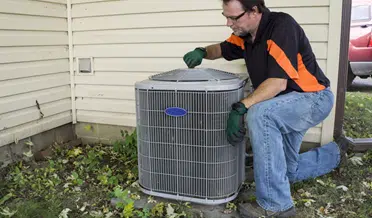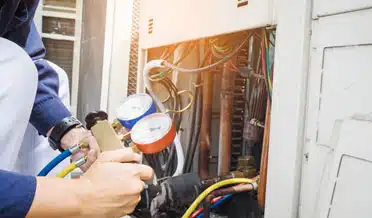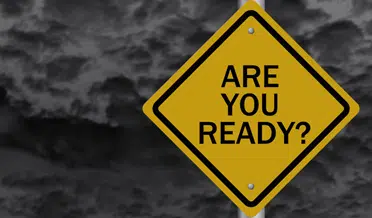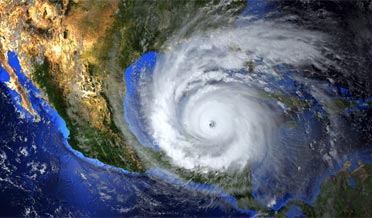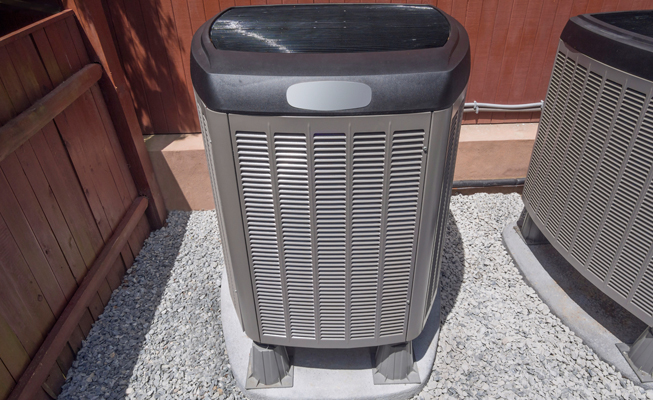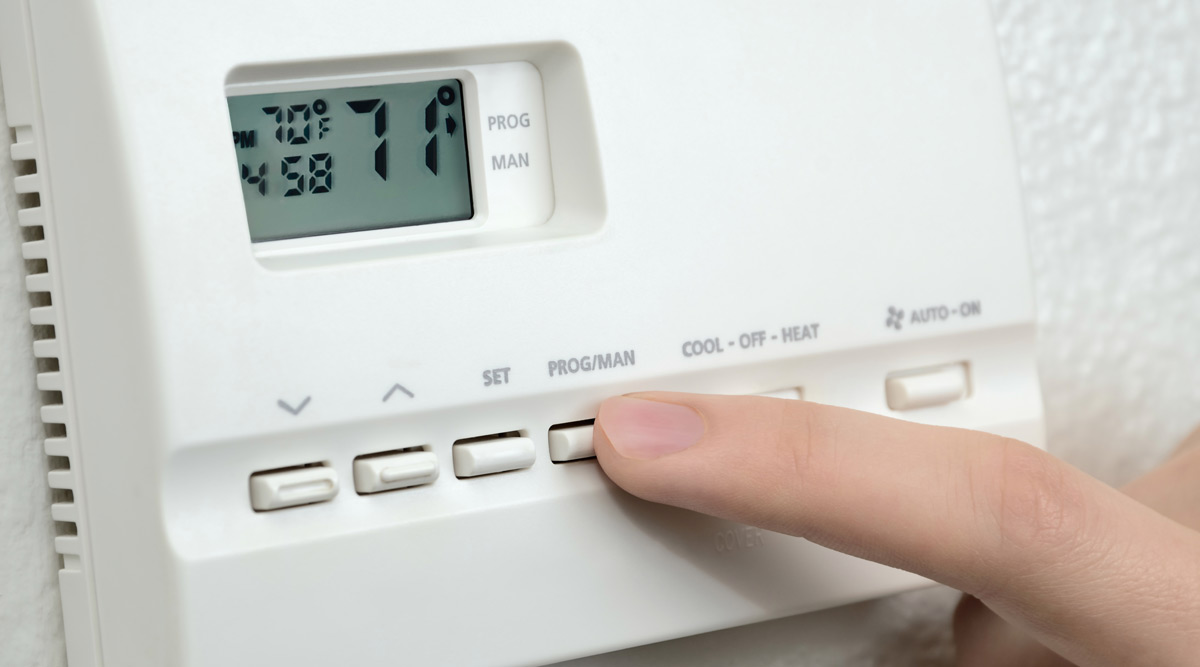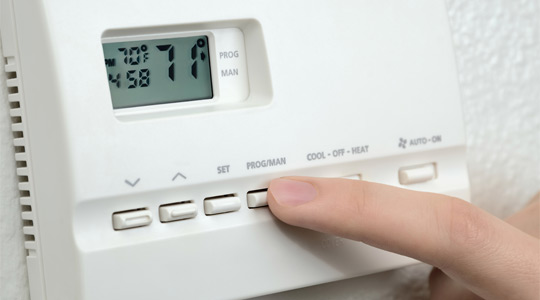Katy AC Repair Tips to Reduce HVAC Repair Costs
As the summer heat intensifies, south Texans depend on air conditioning for every aspect of life: transportation, work, and being at home. We tend to choose when and how long we expose ourselves to the heat and humidity of the great outdoors.
For this reason, it is important to care for the entire home to enhance the safety, health, and comfort air conditioning brings. The following Katy AC repair steps can help cool a home with better results and efficiency.
Katy AC Repair Tip 1: Acknowledge Solar Power
Many homes are built to accentuate natural lighting, brightening certain spaces for aesthetic purposes. However, this natural lighting can increase solar gain and make a home warmer than desired; the light energy entering a home can increase the indoor temperature by as much as 10 degrees on very sunny days.
Blocking the light on the south side of the house from about 9 to 5 can keep a home cooler and require fewer cooling cycles per hour. Early morning and late afternoon light is less intense and should be more enjoyable.
Katy AC Repair Tip 2: Understand Radiant Heat
Heat also travels through solid objects; when the exterior of the home becomes hot, the heat travels through the building material and enters the home. The purpose of insulation is to create a barrier to radiant heat.
A poorly insulated home allows more heat to pass through walls and ceilings than is comfortable. After construction, usually, the only accessible space for insulation is the attic, so make sure your attic is adequately insulated.
Katy AC Repair Tip 3: Recognize the Benefits of Maintenance
Air conditioning systems are quite remarkable. They cool a home, remove humidity, clean the air, and keep the moving air fresh. The whole house can be cooled to a precise temperature setting and maintained day and night, as desired. However, this precise mechanical system must be properly maintained to ensure it functions properly and efficiently.
Without regular maintenance, performance suffers, cooling costs soar, and the components (or the whole system) reach a premature end of useful life. Manufacturers and HVAC technicians recommend scheduling annual preventative maintenance and quarterly air filter replacements.
Katy AC Repair Tip 4: Schedule Temperature Changes
Many thermostats are programmable, but few homeowners take the time to program temperature changes to their advantage. Is the house empty for extended periods? Do family sleep patterns coincide?
These are two lengthy periods in which the temperature setting could be raised by 5 to 8 degrees without affecting comfort. It would, however, affect energy efficiency and cost to the benefit of the family budget. Take a few minutes and read the instruction manual for the thermostat.
Katy AC Repair Tip 5: Inspect the Vents
Vents are strategically placed throughout the home to ensure the indoor air is thoroughly mixed; supply vents are placed low, and return air vents are placed high. During normal household activities, vents can be covered or blocked by drapes, clothing, or furniture. Take time to notice vents regularly to ensure they remain clear for adequate air movement.
Katy AC Repair Tip 6: Use Ceiling Fans Effectively
Ceiling fans generally assist the air conditioning system, helping to mix the air for improved cleaning and cooling. Static air can develop thermal layers, with warm air high and cool air low. A ceiling fan set to turn counterclockwise will pull the air up and push air out to the sides of the space, mixing the air and moving it toward return air vents.
Call the Katy AC Repair Experts
Routine maintenance and preventative tips like we have outlined can help you reduce Katy AC repair costs this summer. Schedule your Katy AC repair consultation by calling All Cool AC & Heating at 281-238-9292 or contact us via email and let our NATE-certified Katy AC repair technicians put their experience to work for you.
